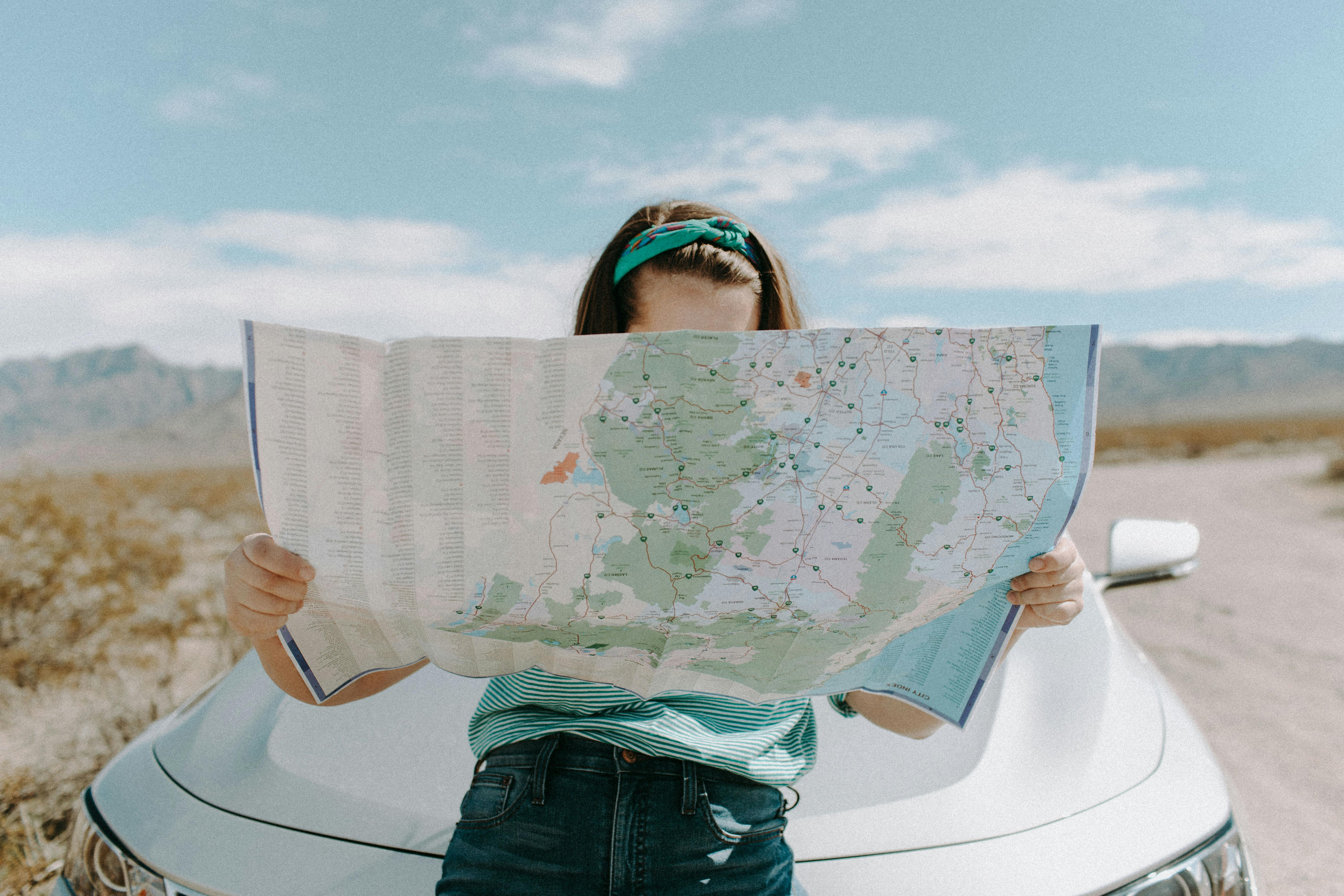Is the Rawdogging Travel Trend Safe or a Risky Choice

the Q Family Adventures
The phrase “rawdogging travel” has recently emerged on TikTok, inspiring thousands of young people to travel with minimal planning or preparation. Unlike conventional travel, which often involves weeks of research and careful itineraries, rawdogging travel emphasizes spontaneity and a back-to-basics approach to exploring new places. But as fun as it sounds, the trend has sparked questions about its safety, practicality, and impact on local communities.
What is Rawdogging Travel?

In TikTok lingua, “rawdogging” essentially means to go about an activity without any extra “protection” or, in this case, without the buffer of detailed plans. The idea behind rawdogging travel is to arrive in a new destination with as little pre-planning as possible. Rather than booking accommodations, mapping out attractions, or even knowing where you’ll go to eat, rawdoggers embrace the unknown, exploring wherever their curiosity takes them. The goal? To experience a place as “authentically” as possible, without the limitations of rigid itineraries or pre-booked tours. Proponents argue this spontaneous style of travel encourages real, unscripted connections with the location and its culture. For many Gen Z and millennial travelers, the rawdogging travel trend offers an antidote to hyper-curated, Instagram-ready trips.
In an era dominated by screens and structured routines, rawdogging travel offers a rare chance to let go and allow the unexpected to unfold. By veering away from tourist traps and “Instagram hot spots,” rawdoggers often end up in places that aren’t widely known, supporting lesser-known locales and experiencing more unique aspects of a destination. For some, traveling with fewer reservations and plans allows for more budget flexibility, as rawdoggers are often willing to stay in cheaper, last-minute accommodations or go with whatever local options are available. The rawdogging travel hashtag has garnered millions of views, with influencers and content creators sharing their adventures, misadventures, and surprising discoveries. This visibility has helped normalize the idea of going off-script.
Is rawdogging travel harmless?

While rawdogging travel certainly has its perks, it’s important to recognize that it isn’t without risks. Showing up in a foreign place without any plans can leave travelers vulnerable to unsafe neighborhoods, unvetted lodging, and unregulated transportation options. In certain destinations, knowledge of safe areas and reputable accommodations is crucial. Medical resources and emergency contacts are often overlooked by rawdoggers, which can be risky in locations where health facilities are scarce or difficult to access. Travelers should still carry basic safety supplies, such as first aid, emergency cash, and contact information for local embassies or consulates.
Arriving without reservations can strain local resources, especially during peak seasons. This can lead to overbooking issues and displace local residents or disrupt regular tourism infrastructure. Without careful planning, it’s easier to inadvertently engage in practices that harm the environment or local culture, such as staying in non-sustainable accommodations or supporting businesses that exploit local resources. With minimal research, travelers may lack awareness of cultural norms or etiquette, leading to potential misunderstandings or unintentional disrespect toward local communities. Without preparation, travelers may struggle with communication, especially in remote areas where English isn’t widely spoken. A little research in advance about basic phrases or customs can go a long way in showing respect for the host culture. Though rawdogging can lead to cheaper, local experiences, it can also lead to higher prices, especially if you’re forced to book last-minute accommodations or transportation during peak times. If popular or affordable accommodations are fully booked, travelers might end up paying more for subpar lodging or locations far from attractions.
Safety travel tips

If you’re inspired to try the rawdogging travel trend, here are some ways to enjoy the spontaneity without compromising safety, respect, or experience quality. While the essence of rawdogging is spontaneity, researching basic information about the destination—such as safe areas, health resources, and any relevant local customs—will help ensure you stay safe and respectful. Familiarize yourself with the basic geography of the area to avoid accidentally wandering into unsafe locations.
You don’t need to have every detail mapped out, but carry a basic backup plan. This could include keeping a list of a few safe hostels or hotels you can reach out to in case of emergency, or knowing the contact information for the local embassy. Rawdogging travel doesn’t mean giving up all control. Opt for spontaneity in smaller decisions, like choosing a restaurant based on recommendations from locals, rather than completely avoiding all logistics planning.
A small investment in travel insurance can offer peace of mind, covering unexpected expenses like emergency medical care or trip cancellations. While it might feel counter to the rawdogging spirit, it ensures you have protection if anything goes awry. To get the most out of an unplanned experience, connect meaningfully with locals and seek opportunities to support small businesses, community-based projects, and culturally sensitive tourism options. Avoid taking advantage of local resources, such as camping in public areas not designated for visitors, overstaying in crowded hostels, or taking too many resources from an area without contributing to the local economy.
Benefits of this trend

For those willing to embrace the unknown and occasional discomfort, rawdogging travel offers unique rewards. With a flexible schedule, you’re more open to spontaneous encounters, whether it’s an invitation to a local event, a family dinner, or a chance to explore off-the-beaten-path sights. Traveling without plans requires adaptability, and it can be empowering to realize how resourceful you can be, which also builds confidence for future trips. Since there’s no strict itinerary, you experience a destination in its authentic rhythm, from the quiet moments to the unexpected events that you might miss with rigid planning. The rawdogging travel trend is an exciting and authentic approach to exploring new places, but it’s important to weigh the risks and responsibilities. By balancing spontaneity with a few essential precautions, travelers can enjoy the best of both worlds—a journey full of surprises and a safe, respectful experience for all involved.
If you’re considering giving rawdogging travel a try, remember that meaningful travel is about curiosity, respect, and openness. When approached thoughtfully, this trend can open doors to unforgettable experiences while also ensuring that your adventure has a positive impact on both you and the places you explore.





